Porsche's New Year Shakeup: Dismissal of Veteran CFO and Sales Executive
![]() 02/05 2025
02/05 2025
![]() 379
379
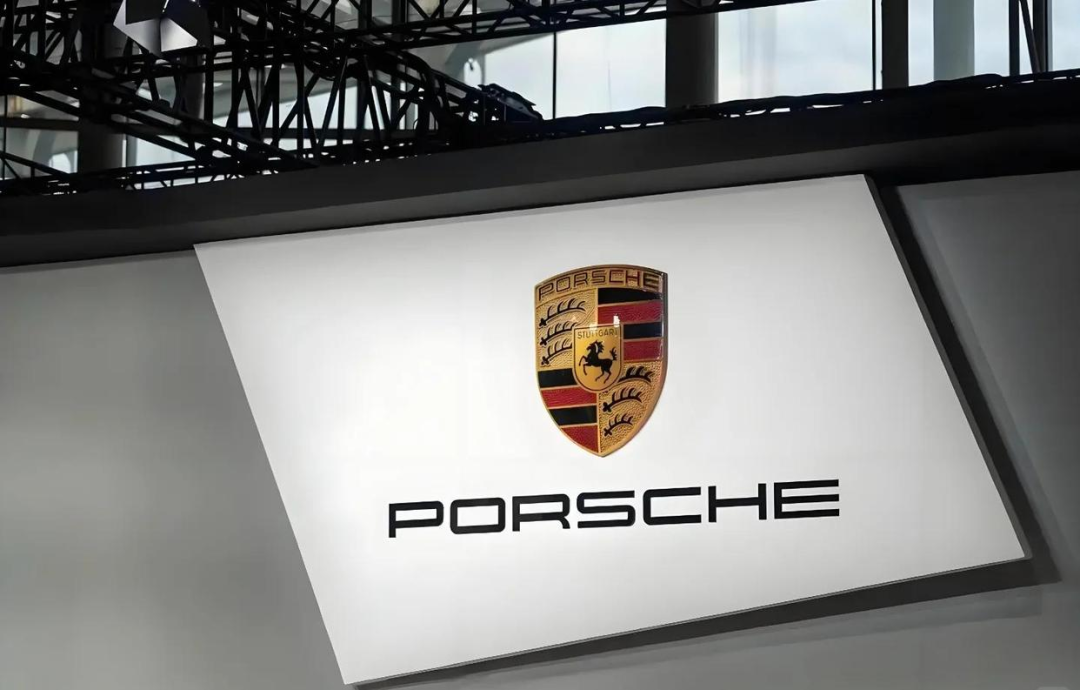
Luxury Car Makers Face Challenging Times
Author | Wang Lei, Liu Yajie
Editor | Qin Zhangyong
As the new year dawns, Porsche is once again stirring up controversy, with its initial move targeting its top leadership.
The two board members set to resign are Chief Financial Officer (CFO) Lutz Meschke and Chief Operating Officer (COO) Detlef von Platen.
In a statement, Porsche's Supervisory Board revealed that the company has initiated negotiations to terminate the contracts of Lutz Meschke and Detlev von Platen prematurely, aiming to revitalize flagging earnings and address weak sales in the Chinese market.
While Porsche has not provided further details, it is evident to all that the replacements are necessitated by performance and sales issues.
In 2024, Porsche delivered 310,718 vehicles globally, marking a 3% year-on-year decline. During the same period, deliveries in the Chinese market amounted to 56,887 vehicles, a steep 28% drop compared to the previous year.
Previously, in an attempt to revive sales, Porsche China also witnessed changes at the top level. Will such frequent personnel changes help Porsche escape its current predicament?
01 Laid Off Despite Long Tenure
Both dismissed executives are seasoned veterans of Porsche.
CFO Lutz Meschke has been with Porsche for 24 years.
According to the official website, 58-year-old Lutz Meschke joined Porsche in 2001 as Vice President of Accounting. Since 2009, he has been a member of Porsche's Global Executive Board, responsible for the Finance and IT departments.

In 2015, he was appointed Deputy Chairman, and since 2020, he has also served as a member of the Executive Board of Porsche Automobil Holding SE, overseeing investment management.
Prior to joining Porsche, Lutz Meschke held the position of Head of Group Integration at luxury fashion company Hugo Boss AG from 1999 to 2001.
Before that, he held various positions at KPMG AG (KPMG), including Audit Assistant in 1991, Senior Audit in 1992, and was promoted to Director in Milan in 1995.
As Deputy Chairman, Lutz Meschke has frequently stood in for CEO Oliver Blume in recent years.
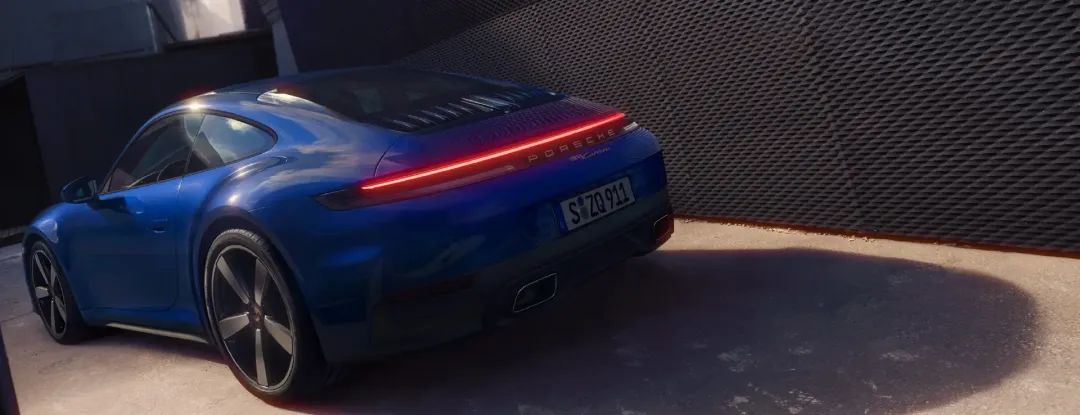
In 2023, Lutz Meschke announced the "Route 20" strategy, where "20" represents a strategic target of achieving a 20% return on sales. However, amidst the increasing penetration of electric vehicles and their tendency to outperform traditional fuel vehicles, this profit margin target remains elusive.
According to insiders, the decision to dismiss Lutz Meschke was not made by Oliver Blume but rather by the Supervisory Board, led by Wolfgang Porsche, who sought to replace the Chief Financial Officer.
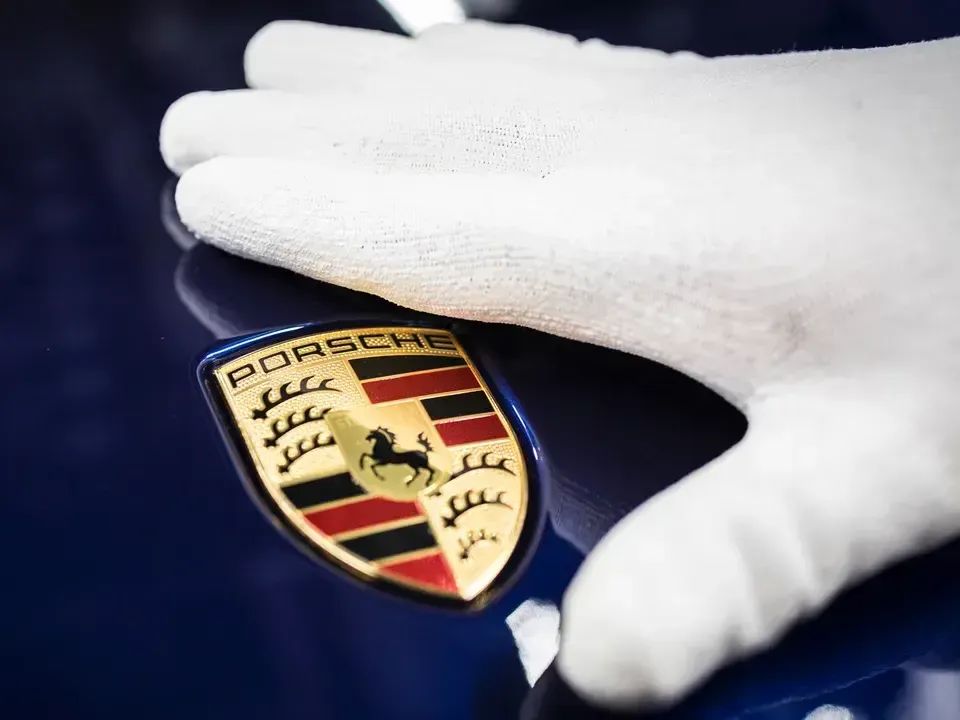
Lutz Meschke's contract was originally set to expire in 2027. However, plans changed, and despite being over 50, this seasoned executive could not escape the fate of being laid off early due to a combination of factors.
The same applies to COO Detlef von Platen.
At 61 years old, he has worked at Porsche for over 21 years. Before joining Porsche's Executive Board, he served as President and CEO of Porsche North America in Atlanta from 2008 to 2015, responsible for the US market.
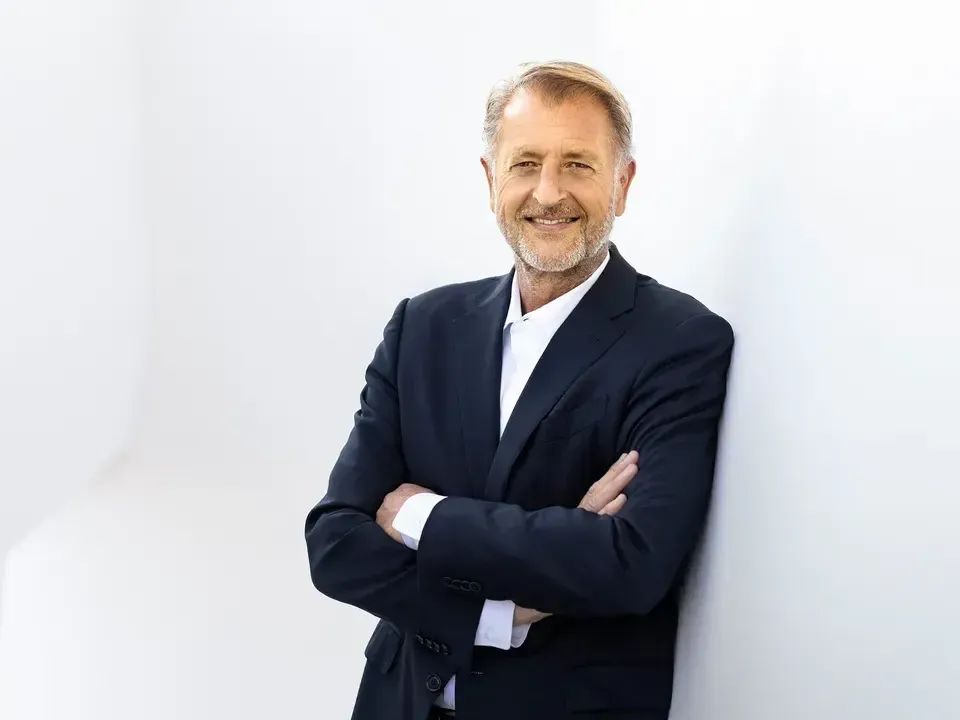
Previously, he was CEO of Porsche France SA in Paris from 1999 to 2008. From 1997 to 1999, he worked at Sonauto SA (Porsche importer) in Cergy-Pontoise, France, as Managing Director of the Porsche brand.
Before joining Porsche, he worked at BMW from 1988 to 1997, holding various positions such as Project Leader in the International Marketing Transfer Department, Communications Director at BMW M GmbH, Export Region Director for Asia/Africa at BMW Motorrad, and Marketing Director for the Motorcycle Division at BMW France SA.
With an impressive resume, he has led Porsche to achieve significant growth in global sales performance. However, amidst the "battle between fuel and electric vehicles" and the "competition between China and foreign markets," Detlev von Platen ultimately fell short.
Even when competitors were fiercely engaging in price wars, Detlev von Platen and Oliver Blume resolutely refused to reduce prices.
In the first quarter of 2024, Porsche's sales in the Chinese market declined by 24%, with 29,600 vehicles delivered in the first half, a year-on-year drop of 33%. As of the end of May, sales of the Cayenne and Macan fell by 38% and 45%, respectively. Sales of the Taycan electric vehicle declined by 38%, while sales of the highly profitable 911 sports car fell by 59%.

On July 20, 2024, due to sluggish sales, Porsche headquarters appointed Alexander Pollich as CEO of Porsche China, responsible for the company's business in mainland China, Hong Kong, and Macao.
Additionally, Philipp von Witzendorff officially took on the role of Vice President and Chief Operating Officer of Porsche China from January 1 this year. Porsche also introduced a local executive, Li Nan, as Vice President of Porsche China's Technology Department.
Alexander Pollich, who has worked at Porsche for 23 years and previously boosted sales in the Canadian and German markets, has been aggressive since taking office in September, directly targeting dealers and employees, and has vowed to "win back the Chinese market within two years".
02 Will the Next Year Remain a Trough Period?
From the replacement of the CEO in China to the dismissal of two senior executives at headquarters, all these moves are attributed to declining sales.
In 2024, Porsche's global cumulative sales amounted to 310,718 vehicles, a decline of 3% compared to the cumulative sales in 2023. However, the overall decline in sales was not due to poor performance in global markets but rather to the ripple effect of plummeting sales in the Chinese market.
It is worth noting that in 2024, Porsche achieved growth in all regions worldwide except China.

Porsche delivered 75,899 vehicles in Europe (excluding Germany), an increase of 8% year-on-year. In Germany, 35,858 vehicles were delivered, up 11% year-on-year. Deliveries in overseas and other emerging markets amounted to 55,533 vehicles, an increase of 6% year-on-year. North America has become Porsche's largest sales market, with 86,541 vehicles delivered, an increase of 1% year-on-year.
Returning to the domestic market, since 2022, Porsche's sales in the Chinese market have been on a downward trend, falling from the global top market to the third position.
In 2024, Porsche China delivered 56,887 vehicles throughout the year, a year-on-year drop of 28%. This marks the third consecutive year of declining sales in China, making it the market with the most severe sales decline for Porsche globally.
This is also reflected in the financial report, which does not look good.
According to the financial report, Porsche's global revenue for the first three quarters of 2024 was 28.6 billion euros, a year-on-year decrease of 5.2%. Operating profit was approximately 974 million euros, a year-on-year drop of 41%, which is also the lowest level since 2020. Additionally, net cash flow from automotive activities was 1.24 billion euros, a year-on-year decrease of 63%; operating profit was 10.7%, far below the expected range of 17%-19%.

It is worth mentioning that during Porsche's initial public offering, CEO Oliver Blume and CFO Lutz Meschke set a 20% profit margin as a long-term goal, which clearly still has a significant gap to close.
With underperforming results, someone naturally has to pay the price. Now, the dismissal of these two senior executives is the result of Porsche's "turning the knife inward" amidst the crisis.
Earlier, overseas media also reported that Volkswagen Group CEO Oliver Blume might face a crisis that could lead to his resignation.
Since 2022, Oliver Blume has concurrently served as CEO of both Porsche and the Volkswagen Group. In September last year, the Financial Times reported that Volkswagen investors were pressuring Oliver Blume, questioning the feasibility of him managing two publicly listed companies simultaneously, and demanding that he give up either the CEO position at Porsche or its parent company Volkswagen.
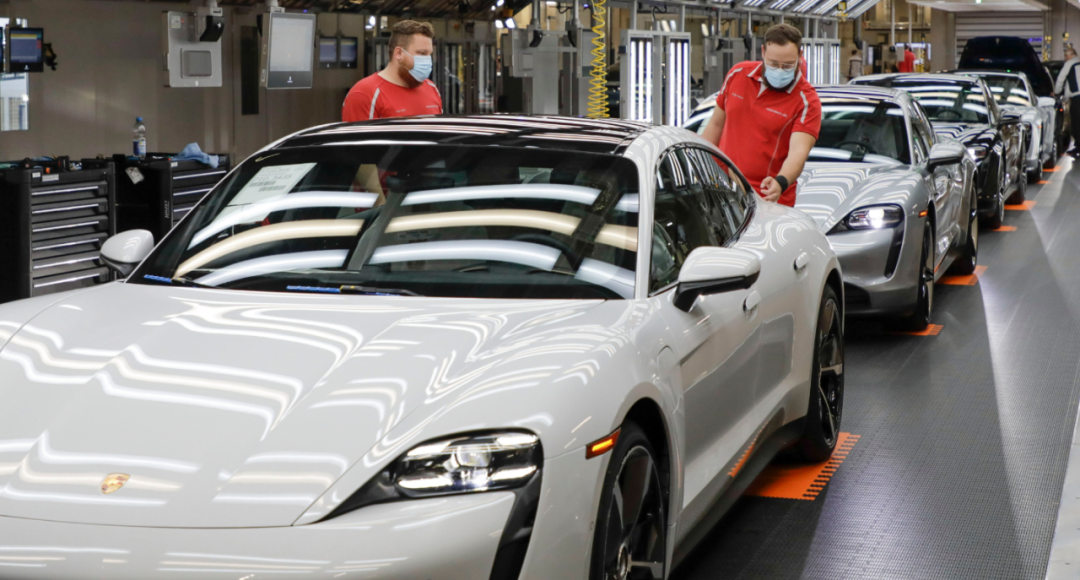
Behind the frequent personnel changes lies Porsche's eagerness for change.
According to Handelsblatt, Porsche will hold its annual press conference in March, where it will announce data for 2024 and outlook for 2025. New forecasts indicate that Porsche will remain in a downturn for the next year, with sales potentially falling below the 300,000-unit mark.
Simultaneously, Porsche is embarking on a path of "cost reduction and efficiency enhancement" and will announce a plan to reduce costs and enhance efficiency with an amount of up to 1.5 billion euros.
In fact, there were already signs of this in the Chinese market not long ago.
For the Chinese market, Porsche's CFO Lutz Meschke previously revealed that Porsche would "significantly reduce its dealer network in China" to lower operating costs and improve profitability.
Porsche China issued a statement on January 13th stating that by the end of 2024, the number of sales outlets in China had been adjusted to approximately 140, with plans to further reduce the network size to about 100 by 2027, equivalent to cutting the existing channels by one-third.

Not only are stores being closed, but many Porsche owners have also noticed that the three-year new year gifts officially promised at the time of purchase have been canceled. Moreover, the Porsche "Snow and Ice Experience" driving event, which has been held annually since entering China in 2011, has also been canceled this year.
Pan Lichi, President and CEO of Porsche China, stated that the company will restart its "offensive mode" in 2026 to win back the Chinese market. Additionally, Porsche China announced the establishment of a technology department, which also has the functions of local procurement and quality assurance, coordinating Porsche's R&D efforts in China and reporting directly to the CEO of Porsche China.
As domestic automakers also begin to raise the banner of "premium and ultra-luxury" in 2025, will Porsche, now on the path of "cost reduction and efficiency enhancement," be able to turn things around?








